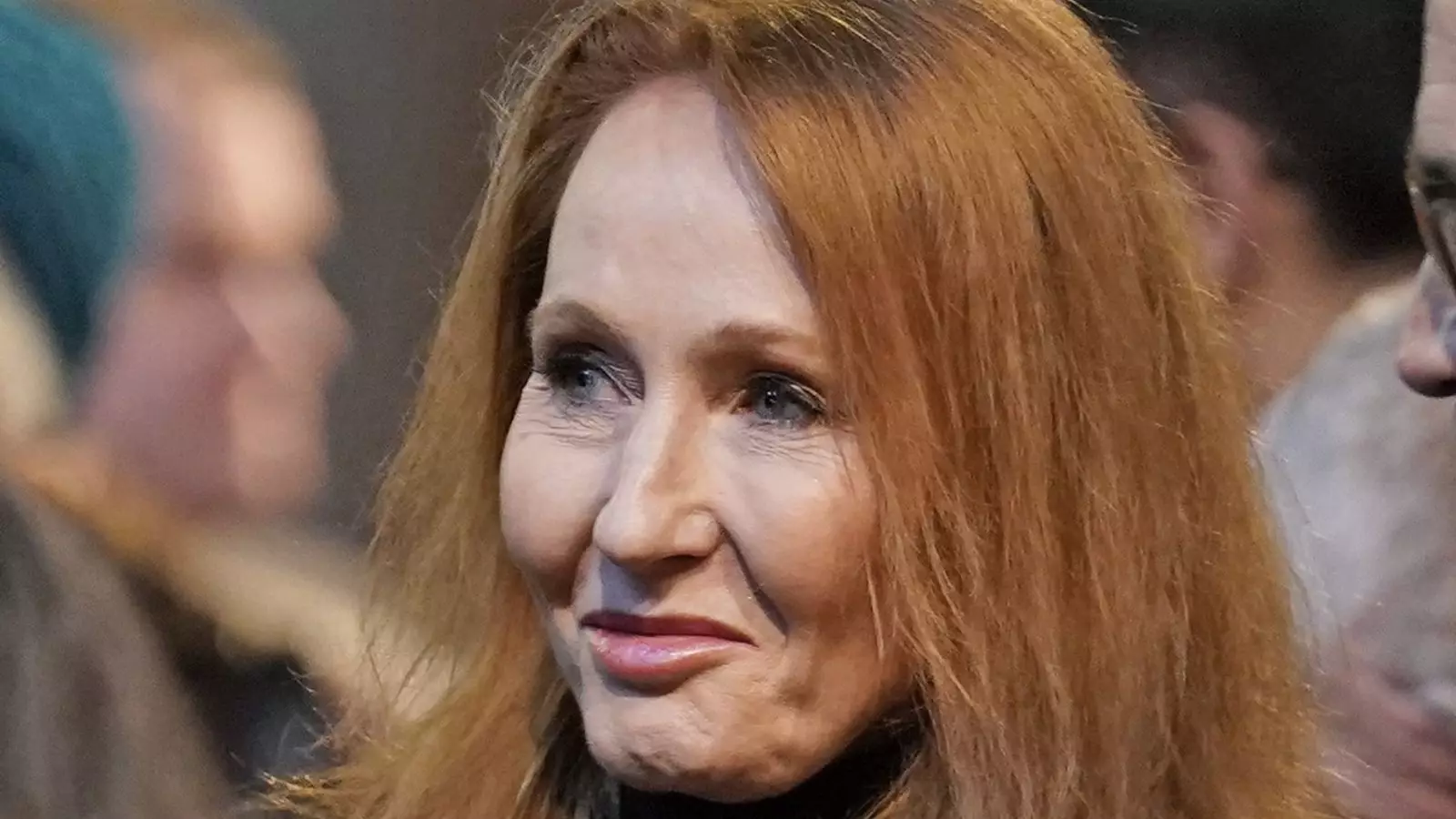JK Rowling recently found herself in the midst of controversy after her comments about Scotland’s new hate crime laws sparked backlash on social media. The author publicly dared the police to arrest her over the legislation, which came into effect in Scotland. The new laws are designed to address the harm caused by hatred and prejudice and extend protections to individuals based on various grounds such as age, disability, religion, sexual orientation, and transgender identity.
Proponents of the new hate crime laws argue that they will foster a more tolerant society in Scotland. However, critics like Rowling are concerned that the legislation could suppress free speech and does not adequately protect women. The Scottish government has assured that separate laws will be introduced to address misogyny. Rowling, who has been residing in Scotland for several years, has been vocal in her criticism of the government’s stance on transgender rights, particularly in relation to the gender recognition bill.
Following the announcement that her comments would not be deemed criminal under the new laws, Rowling took to Twitter to express her relief. She emphasized the importance of women being able to speak out about biological sex without fear of legal repercussions. In a previous post, Rowling had condemned transgender women, including a convicted criminal, in response to statements made by a government official regarding online behavior.
Rowling argues that the hate crime legislation is susceptible to misuse by activists seeking to silence dissenting voices, particularly those advocating for women’s rights. She asserts that addressing violence and sexual violence against women requires the ability to distinguish between men and women based on biological sex. The author’s stance has ignited a broader conversation about the balance between protecting marginalized groups and upholding freedom of expression.
In defense of the hate crime act, First Minister Humza Yousaf has cited a rise in hate crimes targeting individuals with protected characteristics in recent years. He maintains that the legislation will safeguard individuals from hatred while also preserving their freedom of expression. Yousaf highlights that similar provisions for racial hatred have been in place since the 1980s and will be enforced judiciously within the new act.
Overall, the controversy surrounding JK Rowling’s remarks on Scotland’s hate crime laws underscores the complex relationship between protecting vulnerable communities and safeguarding fundamental rights. The debate raises important questions about the limits of free speech, the role of the government in regulating public discourse, and the need for nuanced approaches to addressing discrimination and prejudice in society. As the discussion continues to unfold, it is essential to consider diverse perspectives and strive towards a more inclusive and equitable future for all individuals.


Leave a Reply